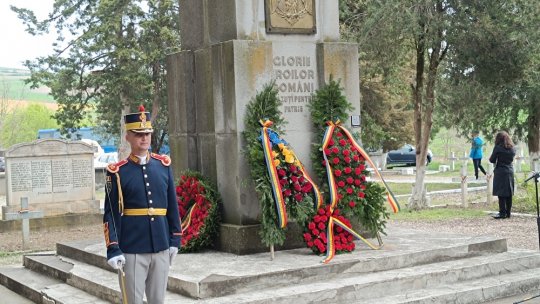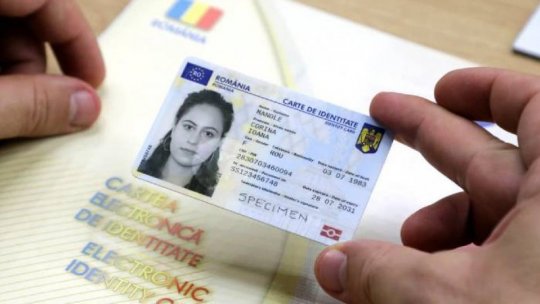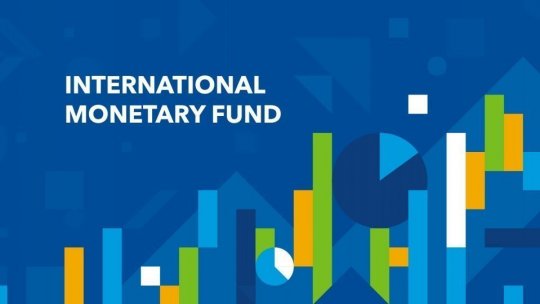EU agricultural reform, "too complicated"
European Court of Auditors considers that, in spite of the proposed reorganization, the common agricultural policy will continue to be hard to manage by paying agencies and beneficiaries.

23 Aprilie 2012, 08:07
European Court of Auditors criticizes the proposal regarding the reform of common agricultural policy (CAP).
The opinion published Tuesday by the Court shows that the proposals concerning the future budgetary framework 2014-2020 remains too complex despite of tests and intentions for simplification.
The Court considers that, in spite of the proposed reorganization, the so-called CAP will continue to be difficult to manage by paying agencies and beneficiaries.
Among the problems reported, there is the risk to carry out payments to beneficiaries who have not any agricultural activity or the measures proposed to lead to more administrative obligations on the part of national institutions or farmers.
Too little performance
In the opinion of Court, although officially Common Agricultural Policy is towards the results, the analyze of the text would show that it remains, essentially, focused on expenses and their controlling .This would show that it is geared more towards aspects of conformity than by performance.
The Court notes that the proposals do not give advice on specific objectives of direct payments carried out by farmers and they do not refer to expected results, or to types of indicators for measuring these results.
In the opinion of European Commission, the key objectives of CAP reform proposals are:
- sustaining the competitiveness of all the European agricultural systems for the benefit of food security;
- lay out the foundations for a new kind of competitiveness, in the long term, in the same time economical and ecological
- to guarantee the presence of an agriculture that is developing harmoniously throughout the European territory
- the simplification of CAP
The European Commission analyses the opinion of the Court of Auditors and it will take this point of view for the completion of analysis.
Translated by Anamaria Petrache
MTTLC, Bucharest University









